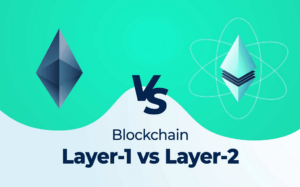Vyper vs Solidity is one of the hard-to-answer storied rivalries in writing smart contracts. Both software was founded for the Ethereum ecosystem.
Solidity had won the competition but only a matter of time Vyper stormed back with the invention of its simplicity which launched a whole new ecosystem. Many solidity contracts dominate the ecosystem today. Both have the same functionality. Both can do transactional programming.
In the following features, we’ll discover why Solidity and Vyper no longer primarily compete with each other, and which has a “stronger” smart contract writing code.
Table of Contents
What Is Smart Contract Code?
Simply, the answer is an agreement between two people in the form of computer language. Blockchains became the early stages of an online open ledger of transactions.
What Are Smart Contracts In Cryptocurrencies?

The Ethereum project was the early stage protocol to usher in a whole new wave of technology. The second thing that comes to mind is program-related software called smart contracts.
Ethereum offered many features in its first smart contracts, and a variety of blockchain technology appeared immediately on the market that claimed similar functionality.
Smart contracts are fundamental to Ethereum’s entire ecosystem. Anyone can write a simple contract. With all of these data types available, it gives rise to a conglomerate of smart contacts called the Ethereum virtual machine.
What Is The Ethereum Virtual Machine (EVM)?
EVM is a computation engine that can answer like a decentralized computer that has millions of executable projects. It acts as one such language, which is the bedrock of Ethereum’s entire operating structure.
Why Writing Smart Contracts In Cryptocurrencies Is Necessary?

It is a big issue that will require years of value if a new development engineer learns how to create scalable software.
Defined programming languages can therefore help develop. It helped engineers understand the code in an easygoing manner.
A compiler was conceived to allow machines to understand this reasoning. Compiler software helps convert language code to machine-readable and low code called compilation.
Vyper vs Solidity: Detailed Comparison And Learn To Write Code.
Both are useful to answer and write software for developing any cryptocurrency or implementing existing blockchain technologies.
The problem with solidity is that it is a high-level language with function overloading. You need a precise upper bound of a programming language first to dive into Solidity.
However, Vyper supports low-level code and low-level languages that are easier for beginners to get started. But both support a vast array of class inheritance protocols and defi protocols. Also, Solidity has better official documentation.
What Is Solidity?
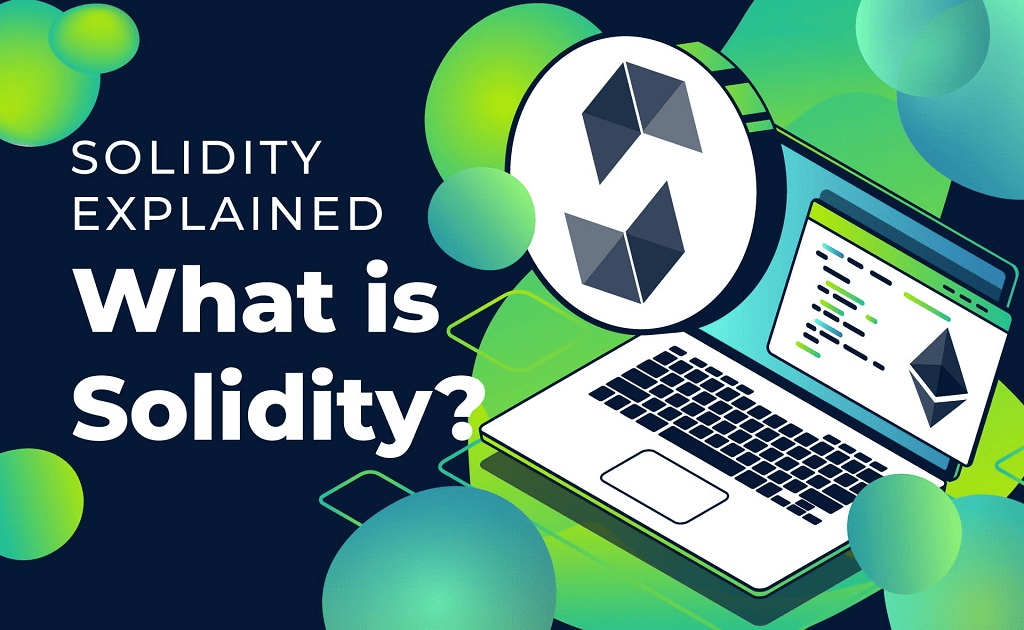
Solidity Introduction: The Solidity software model is the standard on Ethereum. It has the same bytecode as EVM. Most developers know this programming language.
The online editor is intuitive to use. Most companies need a developer with Solidity skills. Most developer tools are designed for Solidity first.
For example, Truffle was first designed for Solidity. OpenZeppelin, the framework for smart contracts, is also written in Solidity.
By choosing Solidity, you make your life easier and, it’s just going to be much more compatible with everything. However, there are some problems with Solidity.
For example, the syntax is sometimes not clear, and hard to get an answer. Also, it’s not very easy to audit the smart contract to make sure that it’s safe.
So that’s why some programmers decided to create an alternative smart contract language called Vyper.
What Is Solidity Used For?
Solidity is an object-oriented, high-level language for implementing smart contracts. Smart contracts are programs that govern the behavior of accounts within the Ethereum state.
Is Solidity Better Than Vyper?
Yes and no. Solidity is better than Vyper because the ecosystem is much bigger. However, Solidity is much more difficult to learn at first.
Moreover, Solidity supports an auditing system called OpenZeppelin. Developers write pure functions, dynamic data types, above code, signed integers, dynamic size arrays, recursive calls, two functions, and forms of deterministic application.
What About OpenZeppelin?

OpenZeppelin is the development standard for secure blockchain applications. Even better, it also protects organizations by performing security audits on their systems and products, which enhance security issues. It cannot replace solidity.
What Is Vyper Programming Language?
Vyper aims as a contract-oriented, pythonic programming language that targets the EVM.
Vyper is a language that helps improve the understanding and readability of smart contract code.
Vyper has a familiar syntax. In other words, Vyper is a relatively recent Python-based program that writes smart contracts. It aims to build virtual machines on Ethereum.
Vyper uses a simple and understandable syntax: Vyper’s primary principle is to prevent a developer’s code from being misleading code.
Its relatively developer-friendly language can be learned in a week because of the lack of function overloading and other tedious things like decimal fixed-point numbers.
Is Vyper A Pythonic Programming Language?
Vyper is a Python language based on Solidity, but written differently and more simply. It is natural to build smart contracts in Vyper.
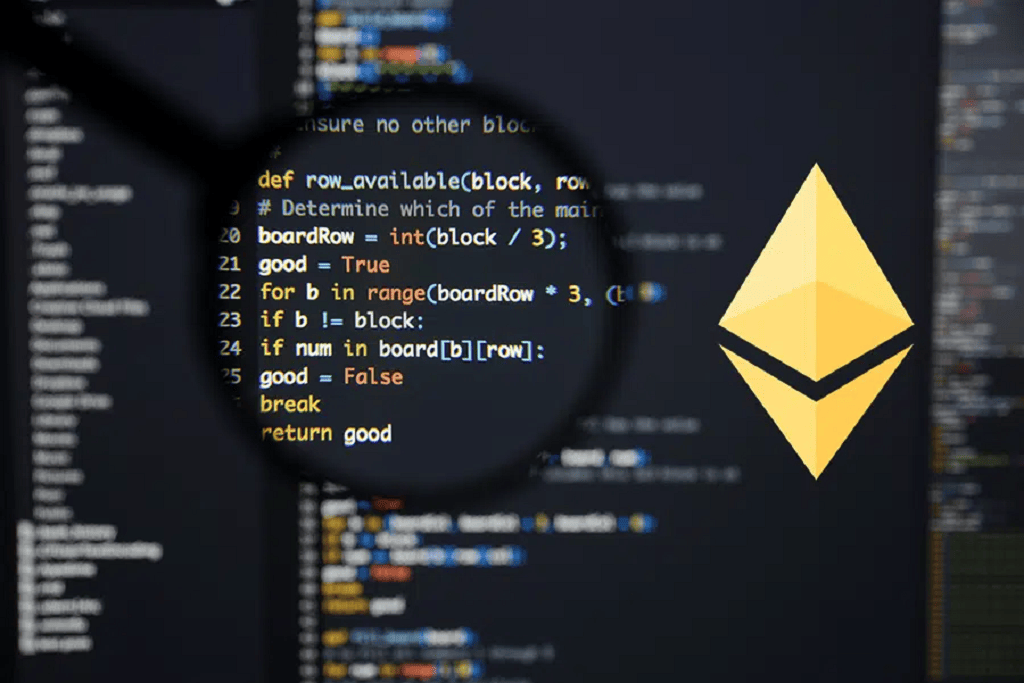
Is Vyper Turing Complete?
Unlike Solidity, Vyper isn’t fully finished. Typically, a Vyper program provides predictable results.
Solidity programs have predictable outcomes before their deployment. Vyper is a contract-oriented, programming language that targets the EVM.
Is Vyper Better Than Solidity?
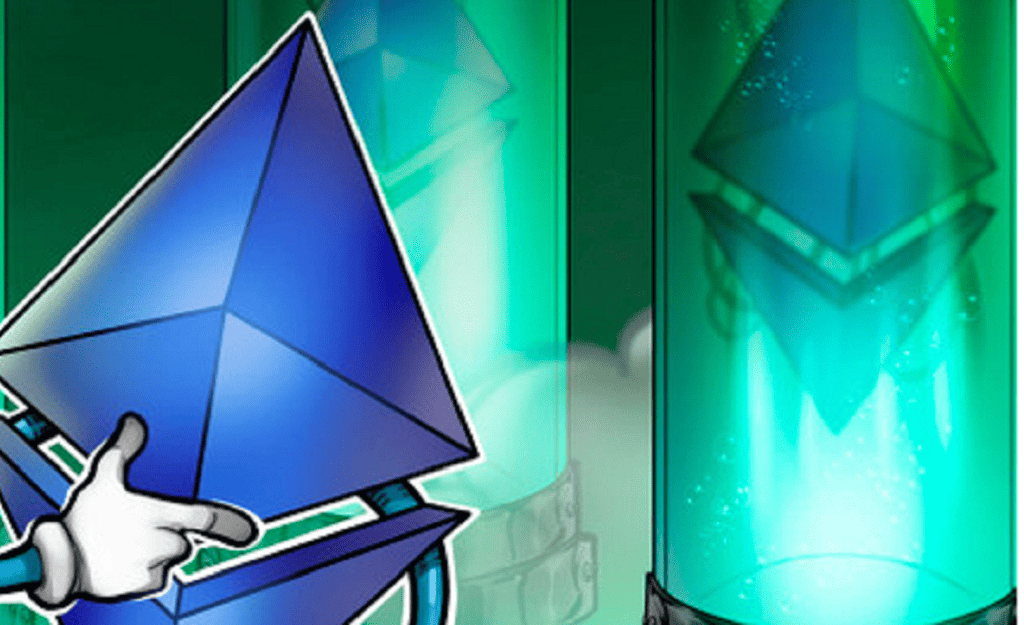
Vyper deliberately has lesser feature sets than Solidity in ensuring contract security, and it also provides a way of auditing contracts. New features of this programmable software make auditing code easier for the parties involved.
The design objective of Vyper is first simplicity. Its syntax is like Python. Python developers can relate to it. It’s easier to read some Vyper code compared to Solidity.
Secondly, it is also easier to audit a Vyper smart contract. So that’s very important for security. This is for the positive aspects, but there are also some negative aspects.
For example, in Vyper the language is still a bit primitive compared to Solidity. You don’t have dynamic arrays, so it’s a little difficult to work around this. In other words, it is maximally human-readable to secure smart contracts.
Also, Vyper does not have an inline assembly, so you cannot do very low-level stuff.

You also don’t have modifiers for your smart contract and there are a few features that are missing in Vyper the reason they’re not present is that the creator of Vyper thought that these features were a way for programmers to take some risks, so they wanted to eliminate this.
There are also two disadvantages of Vyper. First, most of the development tools in the Ethereum community are not compatible with Vyper.
For example, you don’t have an equivalent of OpenZeppelin written in Vyper. So that means that many times you will have to re-implement some smart contract of OpenZeppelin.
Solidity code of OpenZeppelin and that kind of defeats the purpose of having better security for Vyper, to begin with.
Second, another problem is that you have many companies that don’t need Vyper skills. So as a developer, if you want to find a blockchain job, it’s going to be a little more difficult to monetize your skills in Vyper as opposed to Solidity.
Will Ethereum Stop Supporting Vyper?
Vyper was never created to replace Solidity, but to be used alongside, since they share the byte codes to boost protection. Others are concerned with how Vyper can work, while some agree with security concerns.
According to information that comes out, a majority of developers have speculated on using Solidity alongside Solidity for their projects. These smart contracts currently have weaknesses that are vulnerable to attack.
What Should I Learn First? Solidity Or Vyper?
Simple value advice is first you need to learn Solidity. If you are new to Ethereum and smart contracts and only after you can start to learn Vyper for fun if you want. It is not recommended for you to write production smart contracts in Vyper.

The Bottom Line
The answer to the previous question is Solidity is more widely used with more community support. Vyper is the easiest of the developer-friendly languages. Overflow checking is simpler in Vyper. However, operator overloading is not a concern in Solidity.
I hope that this article is an answer to whether you should learn Solidity or Vyper or any other statically typed languages.
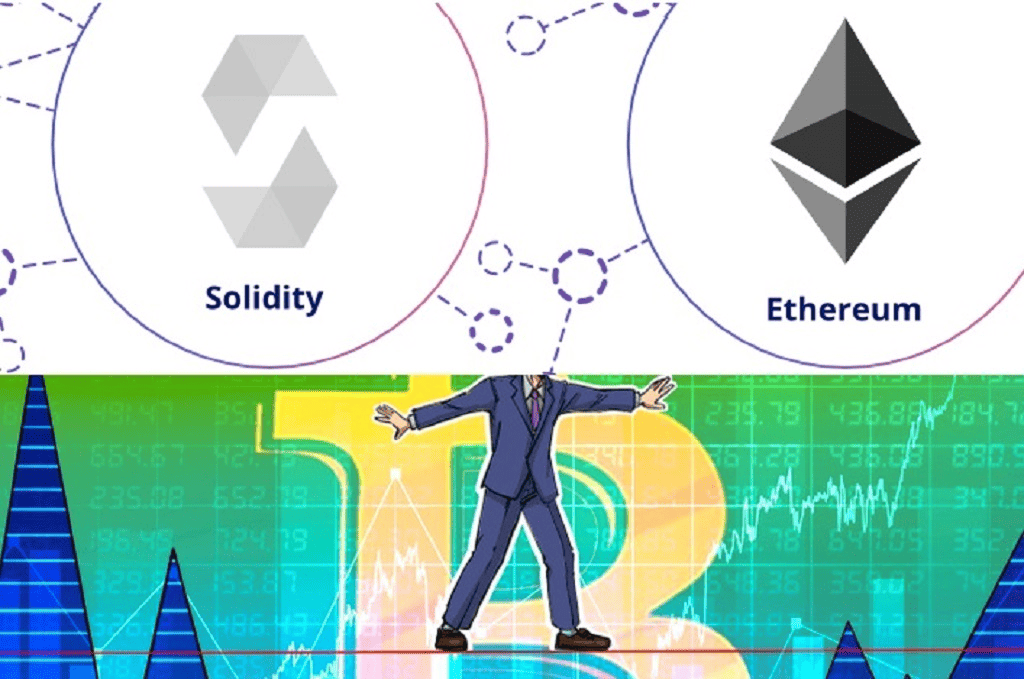
Further Terms To Study: statically typed language, class inheritance, python operator overloading, state variable.



